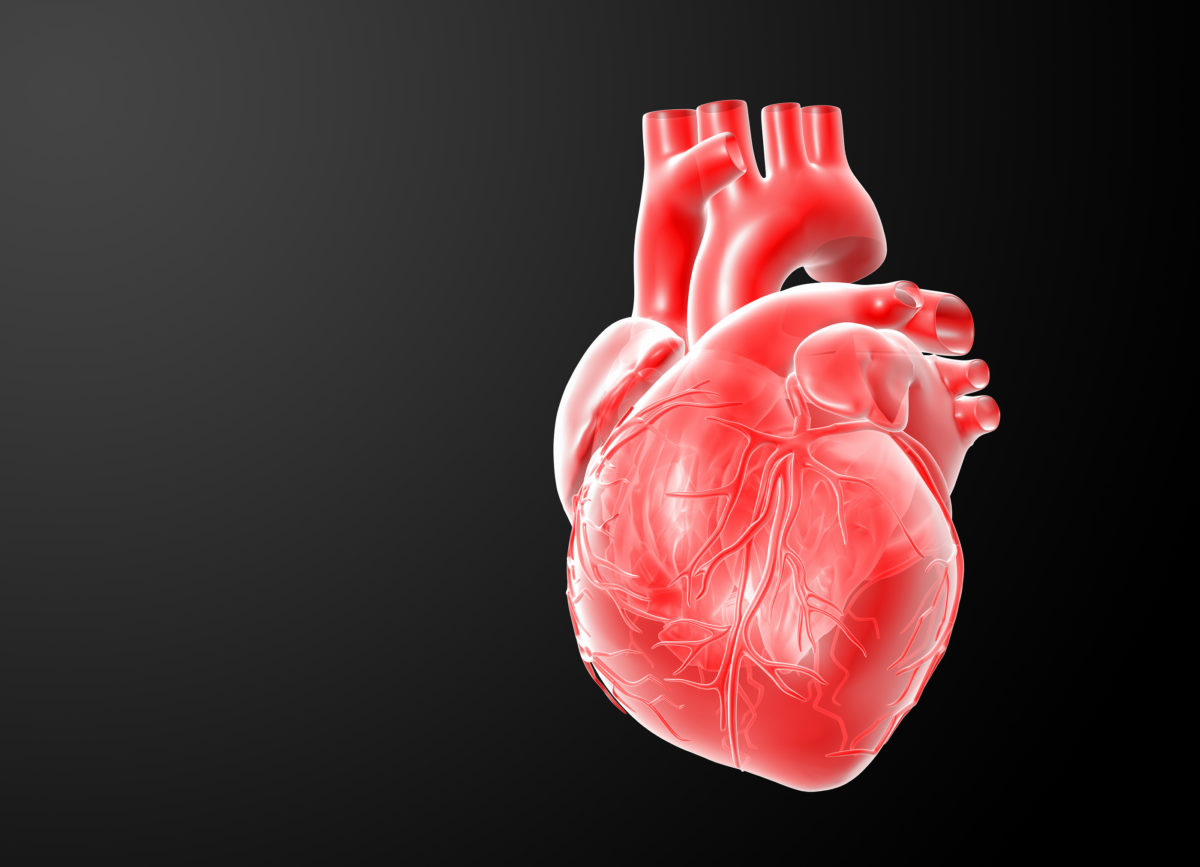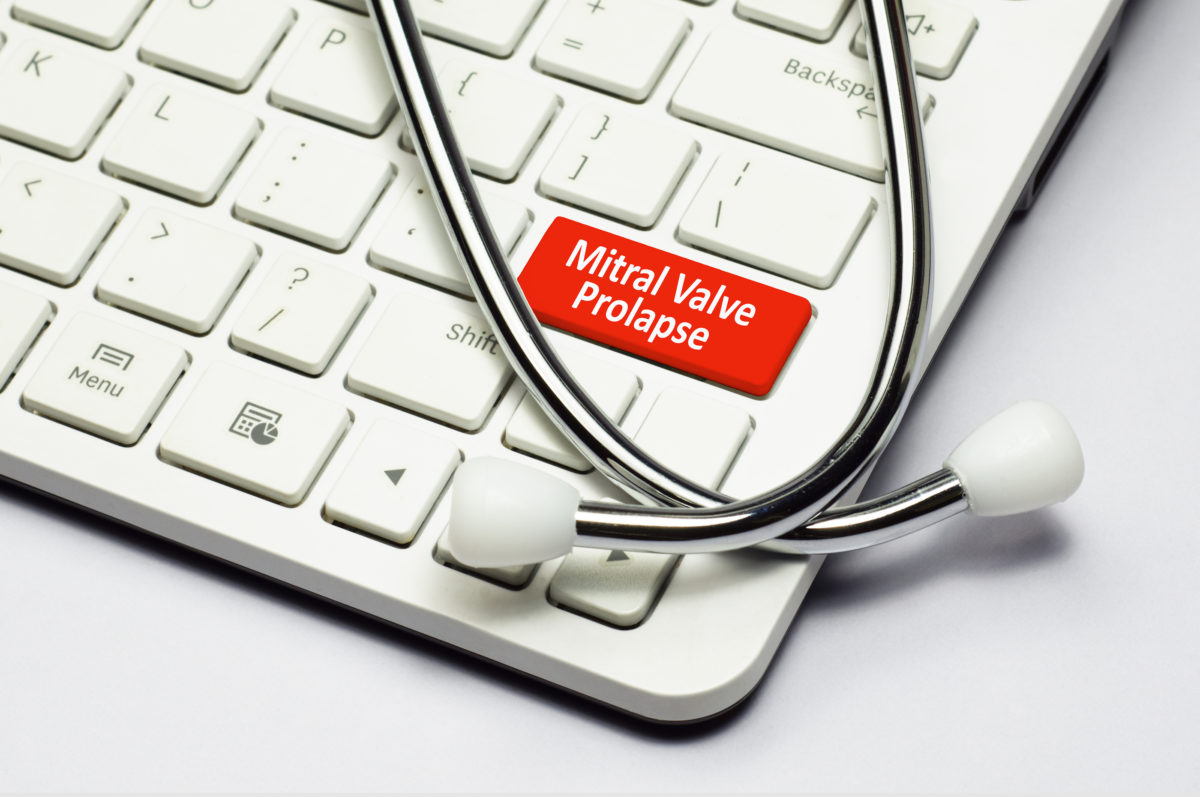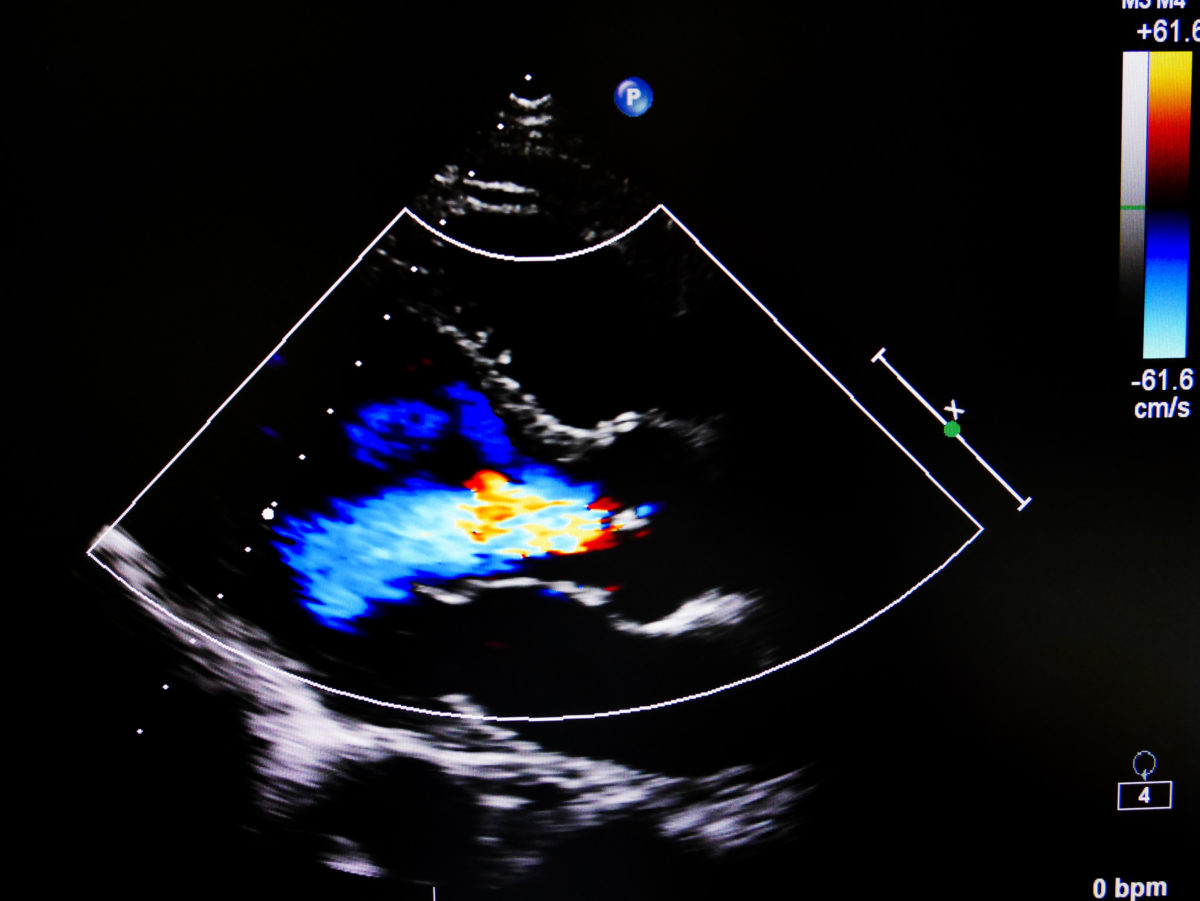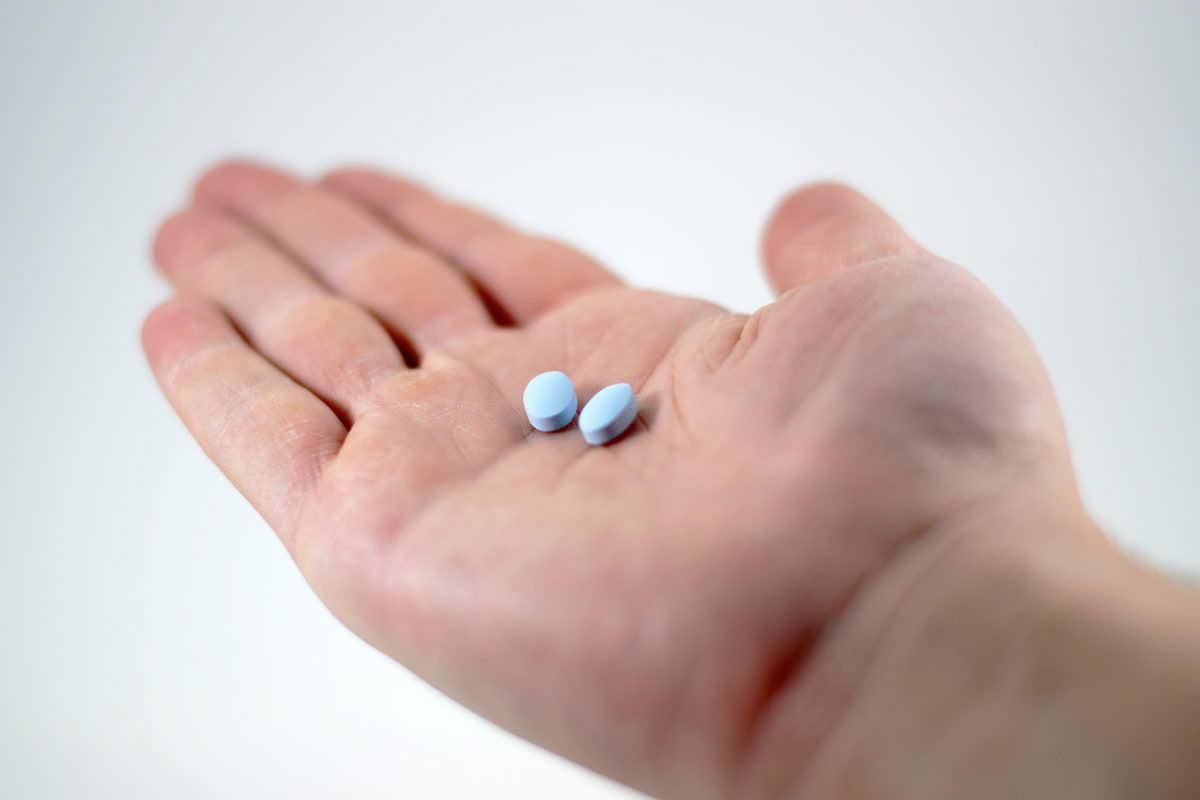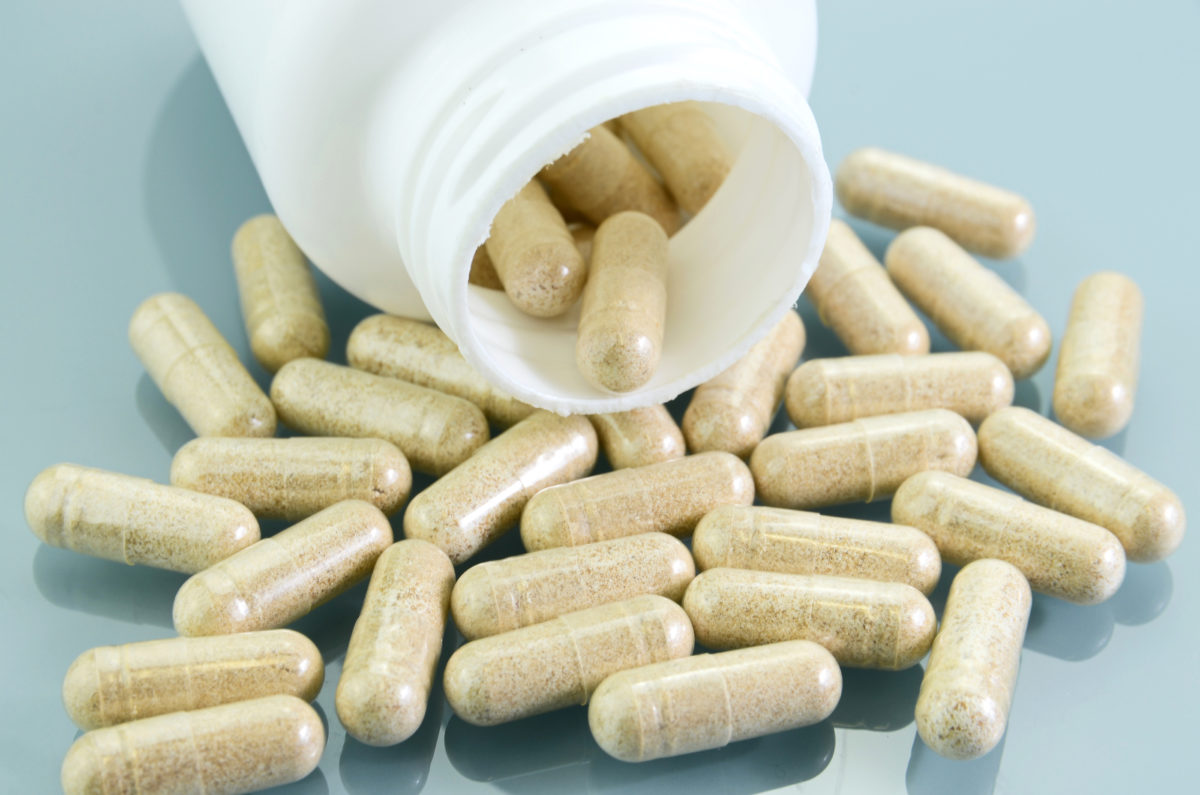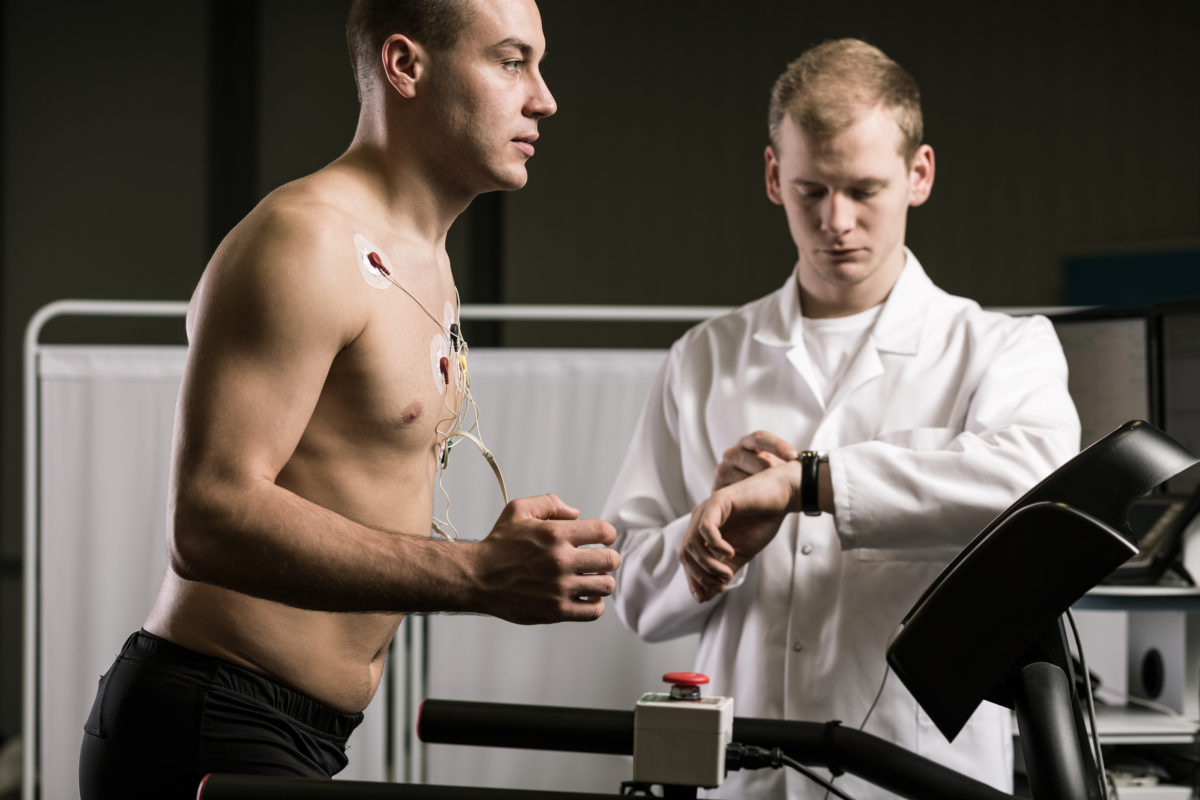Heart surgery is major surgery, even when it’s a minimally-invasive procedure. After such a major surgery, a person will certainly need lots of rest and relaxation to recover properly. Although you know your heart was just repaired, it can be hard to exercise patience. Who doesn’t want to get back to their normal routine as soon as possible? Even though you asked the doctor endless post-op questions prior to surgery, you still begin to wonder when you’ll be able to return to your normal daily activities.
Recovery can be hard both physically and mentally. Your recovery is unique because you are a unique individual. Every patient heals differently and at a different rate.
For the first week post op, you most likely will be in the hospital. You will spend one to two days in the ICU and then be moved to a regular hospital room for the remainder of the week. During your hospital stay you will be walking regularly and gradually increasing physical activity, so you will be able to walk and go up and down stairs before you head home.
Before sending you home, the doctor will give you recovery instructions, such as watching for any signs of infection, incision care, pain management, and post-op side effects. You will still be sore, but may no longer be on pain meds. The doctor will determine how much physical activity you can do, and will encourage lots of rest throughout the day. The doctor may recommend cardiac rehabilitation, as well as permanent lifestyle changes when it comes to diet, physical activities, tobacco usage, and stress management to promote healing and recovery. If something hurts, stop doing it. Focus on performing activities that don’t hurt you.
Around the fourth or fifth week post-op, you will be getting close to being back to your normal activities. You can be back to work, can travel and celebrate a holiday without feeling awful. Although you are still not 100%, you will feel significantly better now.
Looking for a cardiac surgeon to perform your heart valve surgery? This is Dr. Peter Mikhail’s specialty. Dr. Mikhail is a cardiac surgeon based in New Port Richey, FL, and treats patients in Tampa and Clearwater. He is considered one of the foremost authorities and specialists in mitral valve surgery and TAVR. To book a consult, click here or call 727-312-4844.


